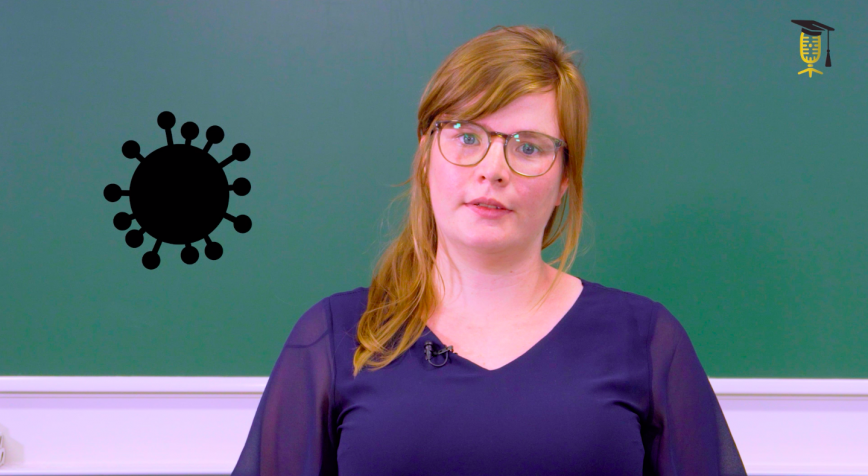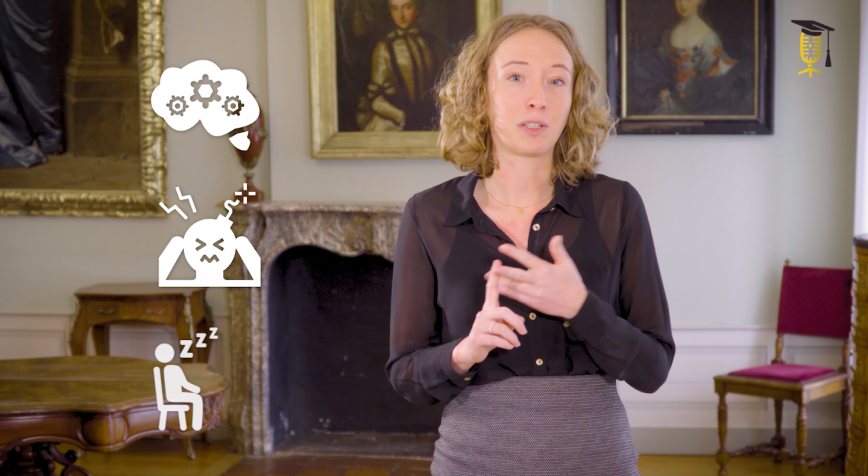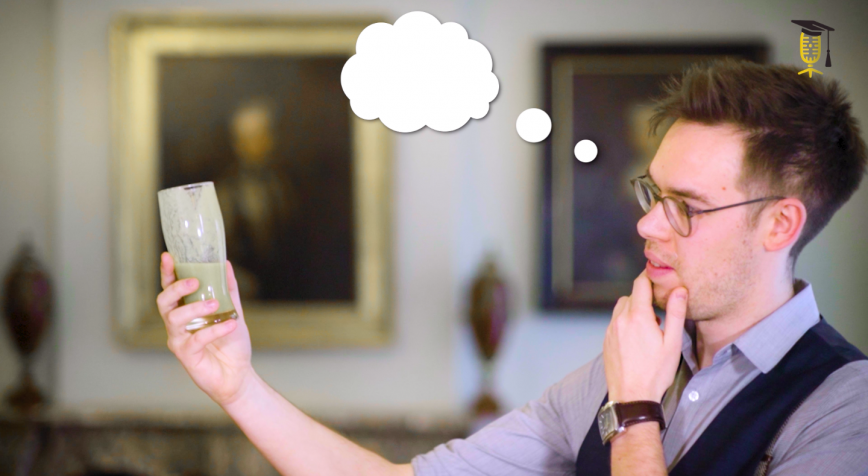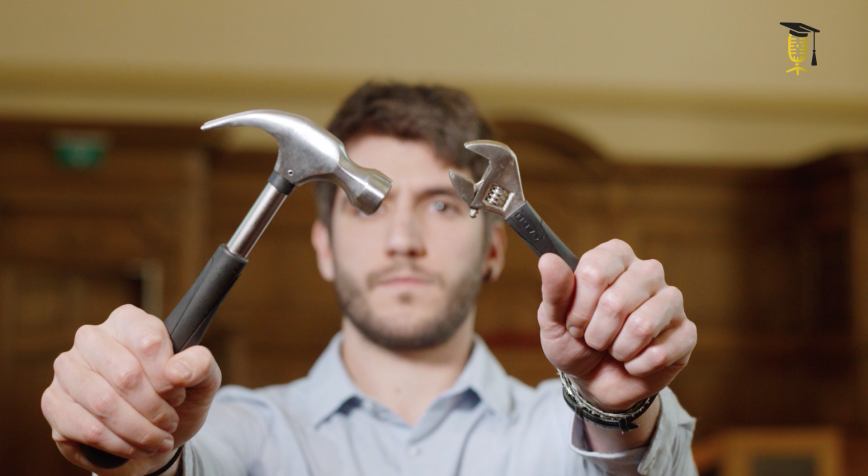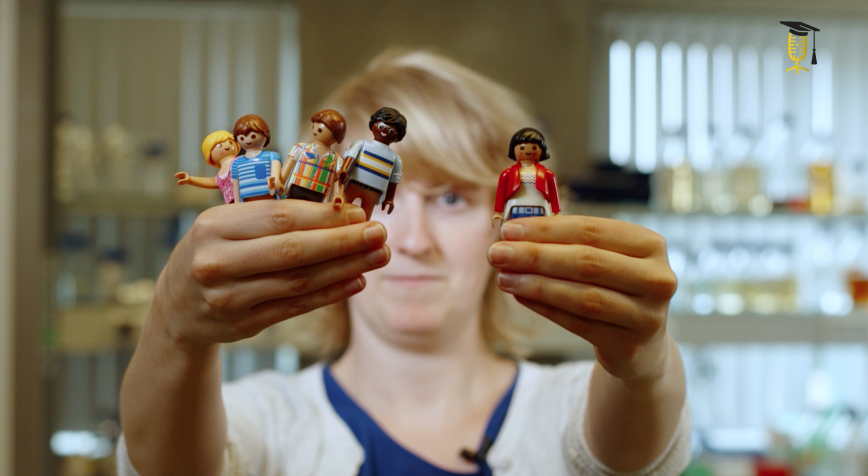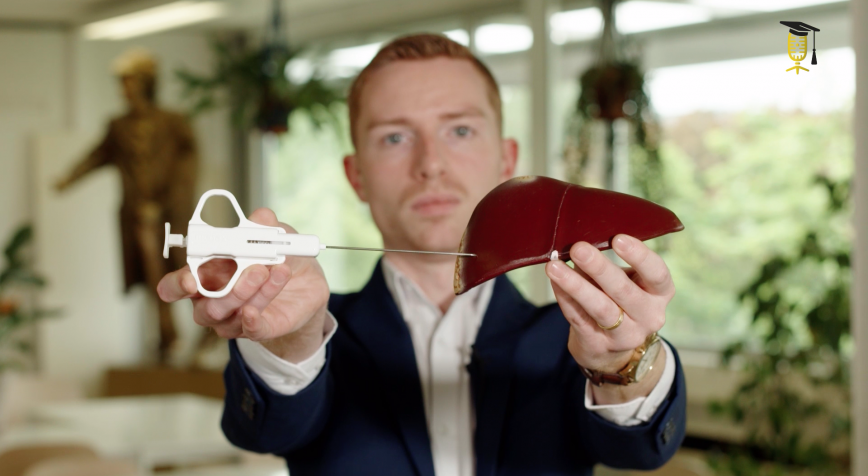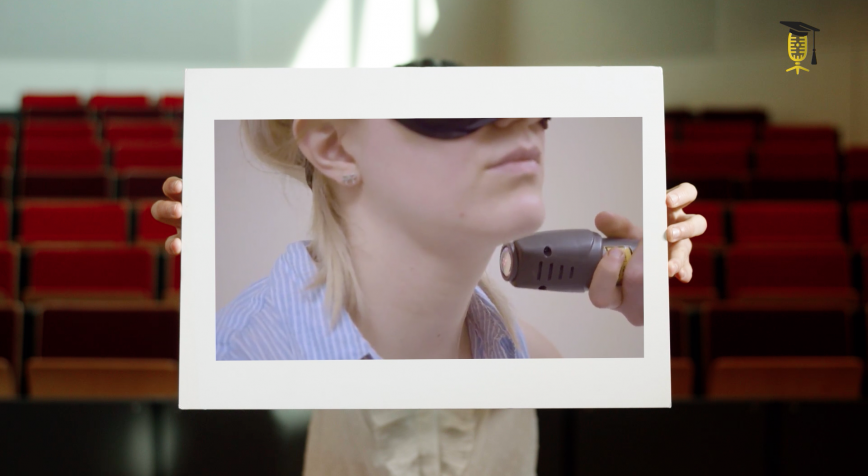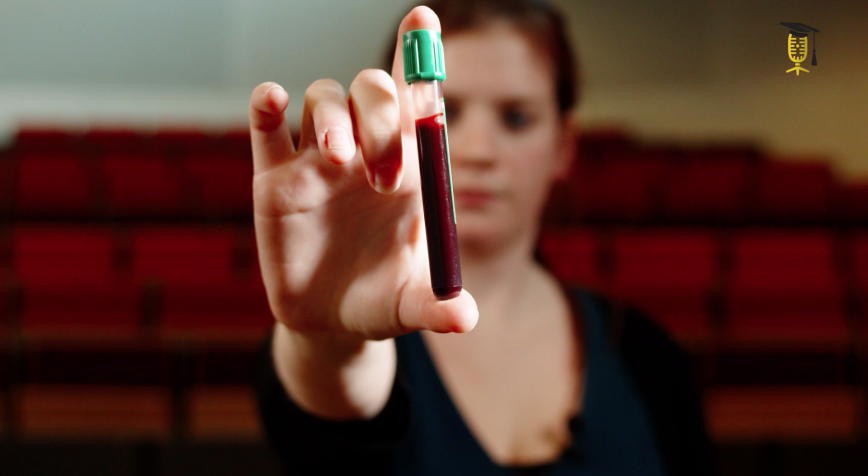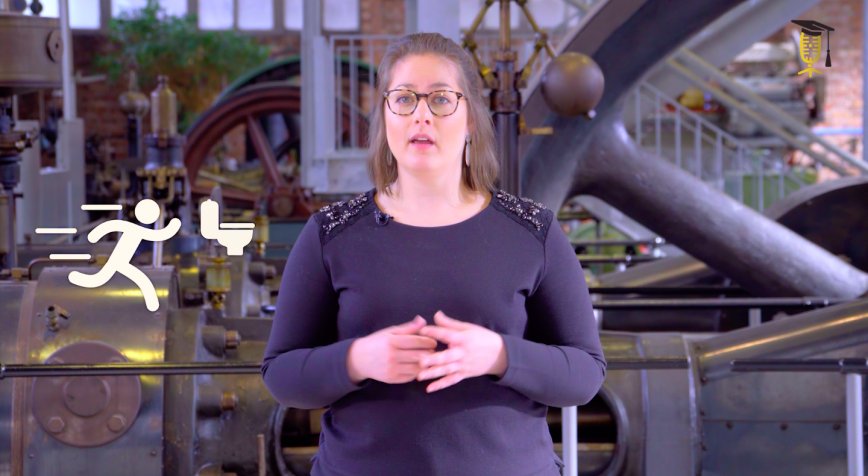
KU Leuven
Do you sit on your toilet seat all day?
Imagine having to visit the toilet 30 times a day for 'number two'. That's not possible, right? Unfortunately, it's the reality for a lot of patients with rectal cancer who've had rectal surgery. Anne Asnong tries to help these people so that they no longer have to spend their life 'chained' to the toilet seat. 🚽
